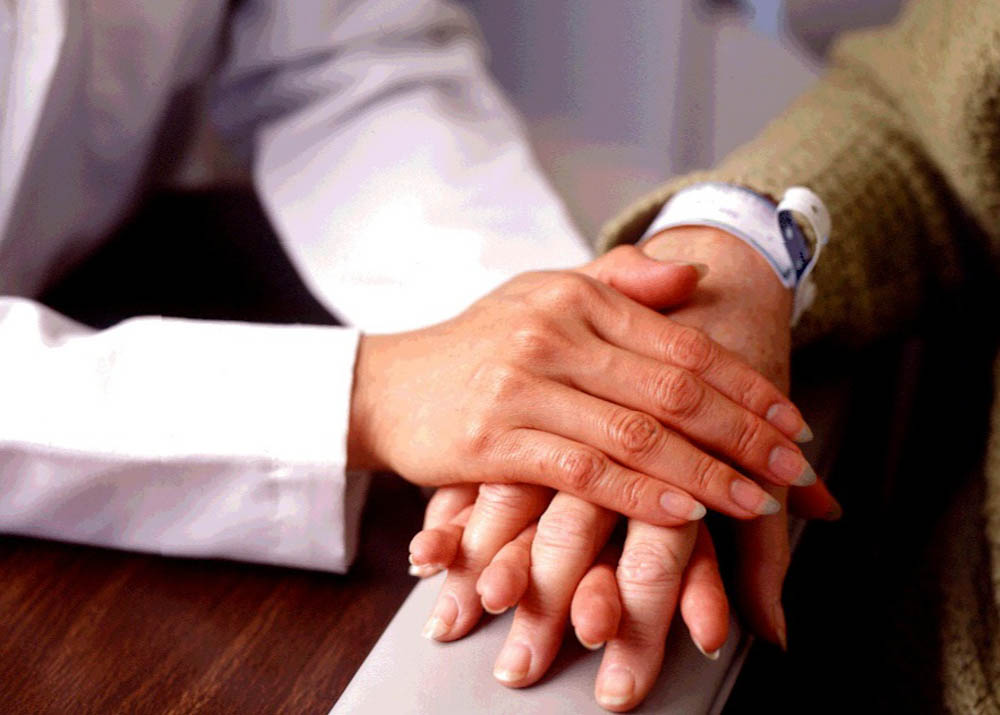 Having cancer can be isolating. Even if you’re surrounded by friends and loved ones, you may feel that no one understands what you’re going through. That’s why it can be helpful to join a support group attended by people who face a similar diagnosis, or are in your peer group.
Having cancer can be isolating. Even if you’re surrounded by friends and loved ones, you may feel that no one understands what you’re going through. That’s why it can be helpful to join a support group attended by people who face a similar diagnosis, or are in your peer group.
Here are some of the benefits support groups can offer.
- Empower yourself with practical knowledge and advice. A support group shouldn’t replace the guidance of your doctor and medical team, but it can be a source of practical advice about getting through treatment or common side effects. You can learn from fellow patients and family members as well as expert guest speakers, such as exercise specialists, nutritionists, and social workers.
- Find a safe place to express yourself. Cancer treatment is challenging and there are times when you may have negative feelings, fears, or frustrations. Joining a support group gives you a safe place to vent these feelings without worrying about burdening friends or family members. It’s a place where you and others can find encouragement, guidance, and listening without judgment.
- Learn how your peers are coping. Connecting with people who are in your age group can also be a valuable way to ease the emotional burden of coping with cancer. Dana-Farber offers a variety of peer-based support programs, including services for young adults, cancer survivors, and young women with breast cancer.
- Offer strength to those who help you. Support groups aren’t just for cancer patients. They can also help caregivers – the friends and loved ones who help another person with the day-to-day challenges of cancer treatment. Dana-Farber offers support groups for caregivers, as well as helpful tips and strategies for taking care of yourself.
Before you get started, take time to decide whether a support group is right for you. It may be helpful to discuss your needs with your doctor, nurse, social worker, or other member of your health care team. You can view Dana-Farber’s list of support groups, check our online calendar, or call a support group coordinator at 617-632-3301 to learn what’s available in our network and in your community.
If a support group isn’t for you, you may want to consider:
- Dana-Farber’s One-to-One program, a phone support program that links trained volunteer cancer survivors with those who are facing it for the first time.
- CancerConnect, an online forum where you can exchange messages with cancer patients, doctors, survivors, family members, and friends.
- Email lists, blogs, and social media sites such as Facebook.
